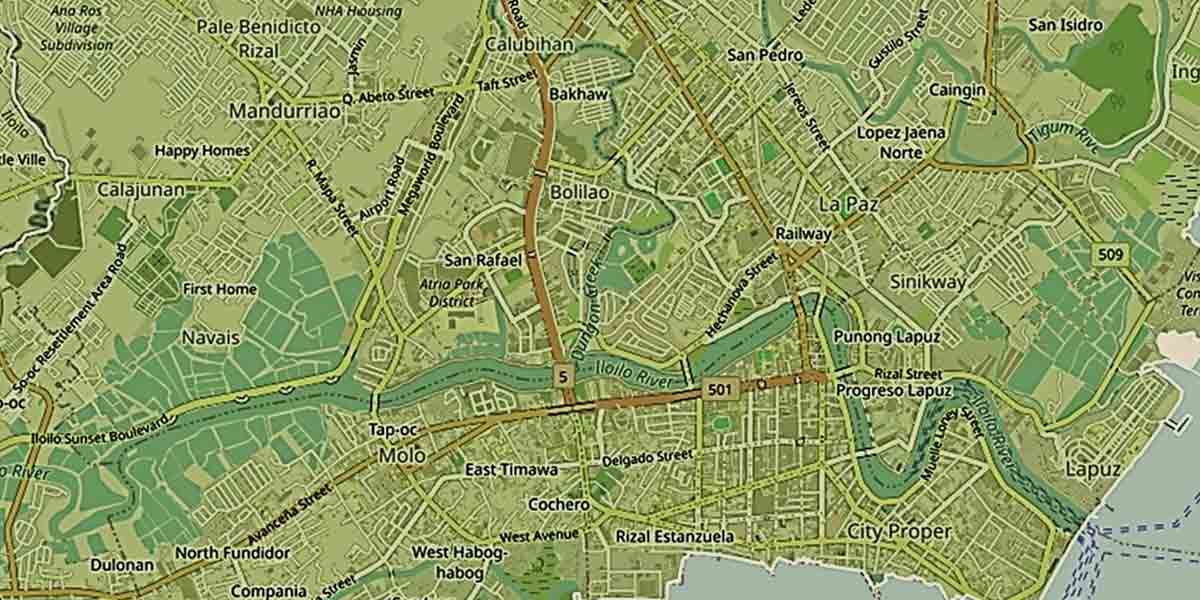By Herbert Vego
THIS corner thinks that the proposal of Iloilo City councilor Romel Duron to delay the implementation of the Public Utility Vehicle Modernization Program (PUVMP) for being premature is meritorious.
It falls in line with Senate Resolution No. 1096, passed on July 31, seeking to suspend the implementation of the program in response to indignant jeepney operators and drivers who abhor their compulsory consolidation into cooperatives.
Given the chance, they would rather abort the program and the resultant jeepney phaseout. Successful jeepney operators detest losing direct control of their business to cooperatives because of the risk of losing ₱2.5 million for each “modernized jeepney,” which is actually a mini-bus imported from China.
In fact, those who have already “modernized” now grumble over the risk of losing even before they could pay up their bank loans.
In fact, Duron agreed that existing transport cooperatives are now struggling due to insufficient training and managerial skills.
Anyway, rather than belabor the profitability of the program, why not simply abort it? Why not let the operators decide whether to consolidate or retain individual ownership?
My parents used to operate a passenger jeepney in San Jose, Antique, plying a seven-kilometer route. It was a hard but sustainable business that lasted for 20 years and helped us children finish college.
Our jeepney changed “body” twice in “talyers” specializing in body building, which were flourishing in Iloilo City. Now we lament that those jeepney-body builders have withered.
When I recalled that story to an American friend, Victor D’Agustino, he shook his head, remembering the first time he saw a multi-colored jeepney in New York City.
“I was 19,” he said “during the New York World’s Fair in 1964. “It was the biggest crowd drawer there.”
The unit came from Sarao Motors, which is still alive but could eventually die because they are non-participants in the modernization program.
Sarao and Francisco Motors, according to their executives who attended the Senate hearing, could build an air-conditioned real jeepney at ₱950,000.
As to why some bright boys at the Department of Transportation’s (DOTr) would prefer the ₱2.5-million, China-made mini-bus, your guess is as good as mine.
-oOo-
PHILHEALTH, “UNHEALTHY”
THE Philippine Health Insurance Corporation (PhilHealth) has obviously failed in ensuring a sustainable national health insurance program for all Filipinos. It has not lived up to the people’s expectations, given the controversies that this government agency has been tainted with.
The program, created by law — Philippine Medical Care Act of 1969 – is guilty of violating its mandate, according to former finance undersecretary Cielo Magno, who led a group of petitioners to the Supreme Court on Aug. 2 to challenge the constitutionality of transferring P89.9 billion to state coffers on the alibi of being “excess funds”.
Magno said that P20 billion of the amount had already been transferred. Hence, the Department of Finance should refund that amount and refrain from transferring the remaining P69.9 billion.
Magno said, “It is the job of the executive to make sure that PhilHealth does its mandate of providing us with comprehensive health insurance.”
But PhilHealth remains “notorious” in delaying the claims of accredited hospitals, which are meant to recover the amount of services and medicines rendered to hospitalized members. According to the Philippine Hospital Association (PHA), PhilHealth still owes them around P27-billion.
PhilHealth has yet to recover from the discovery of an alleged P15 billion in 2020 during the incumbency of its former president, Ricardo C. Morales.
-oOo-
GREEN LIGHT ON FOR NEPC
THE Negros Electric and Power Corp. (NEPC), the new power distributor resulting from the joint venture between Central Negros Electric Cooperative (Ceneco) and Primelectric, is expected to start operation within the third quarter of this year, according to its president and chief executive officer, Roel Castro.
“There are still many things that are not within our control,” Castro said. Still being awaited is a certificate of public convenience and necessity to be issued by the Energy Regulatory Commission (ERC).
Castro told this writer that the company had already set aside over P2 billion for the execution of the joint venture and capital expenditures program.























